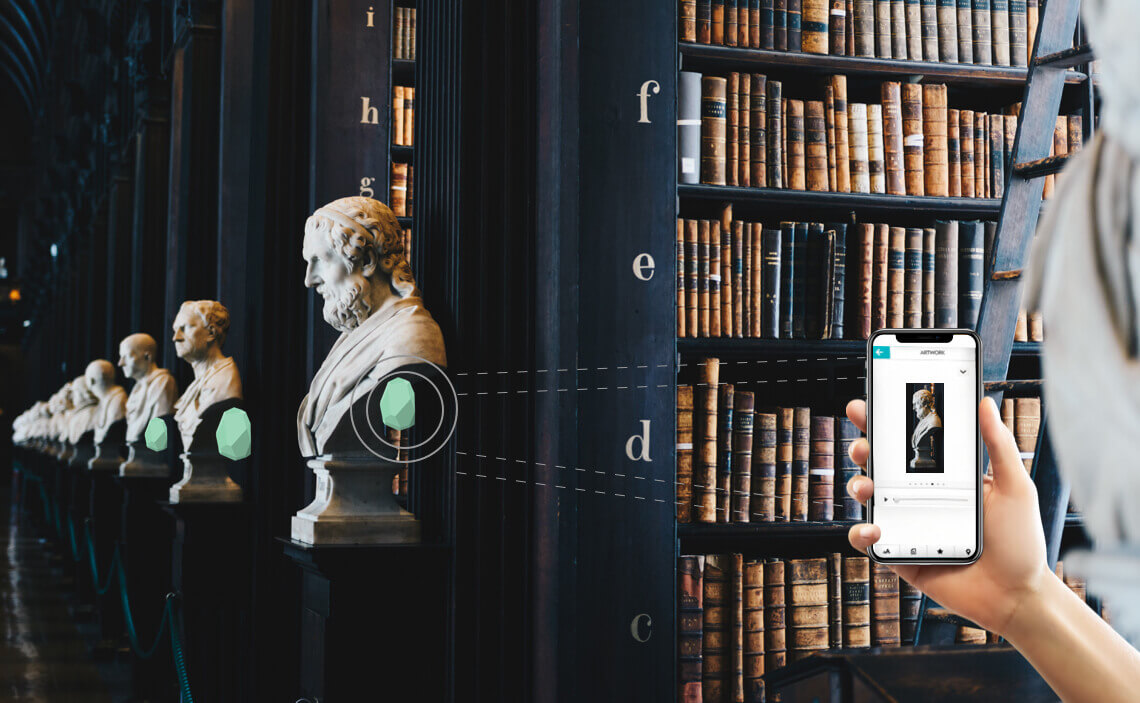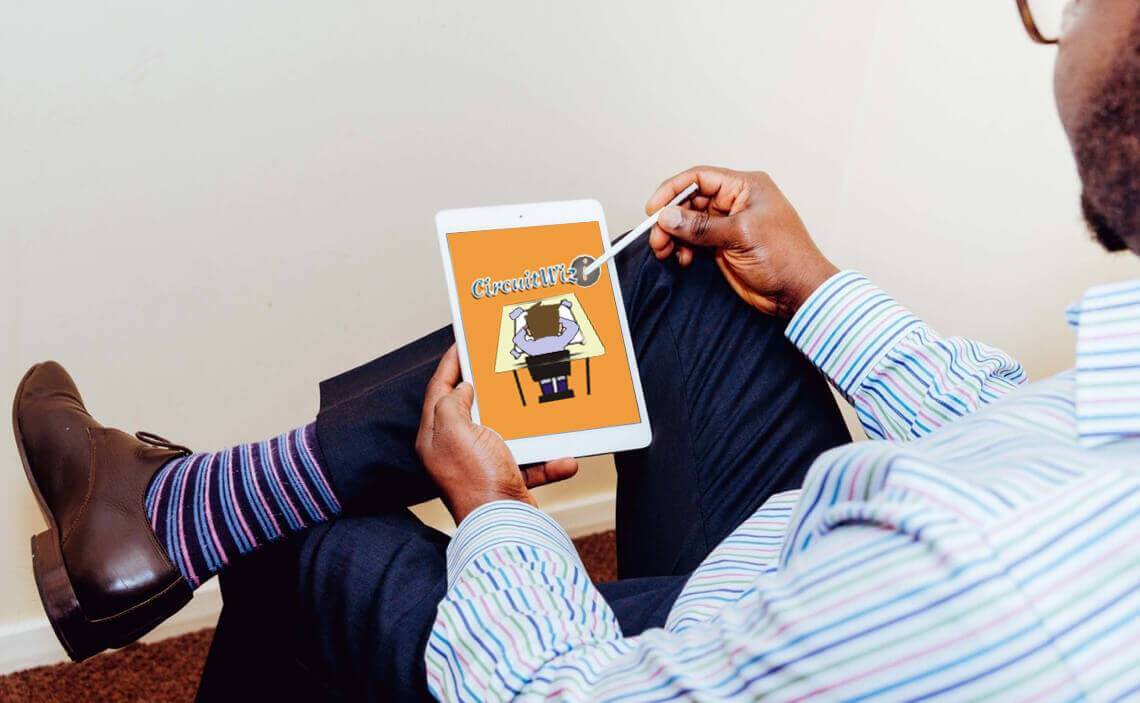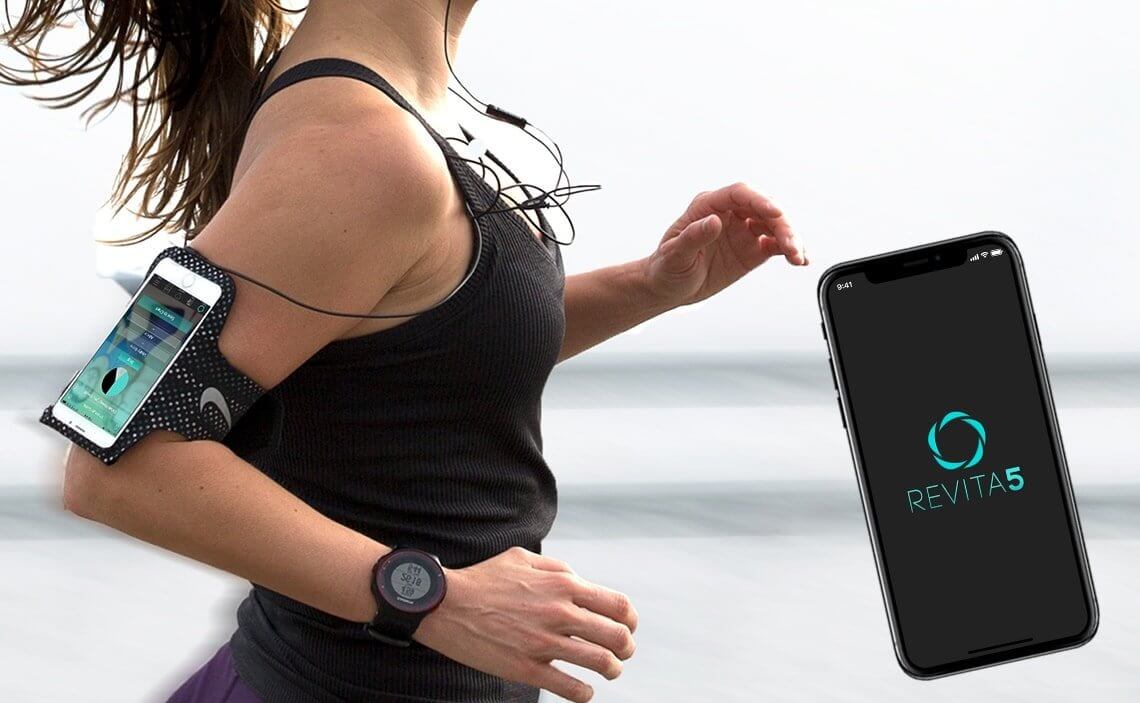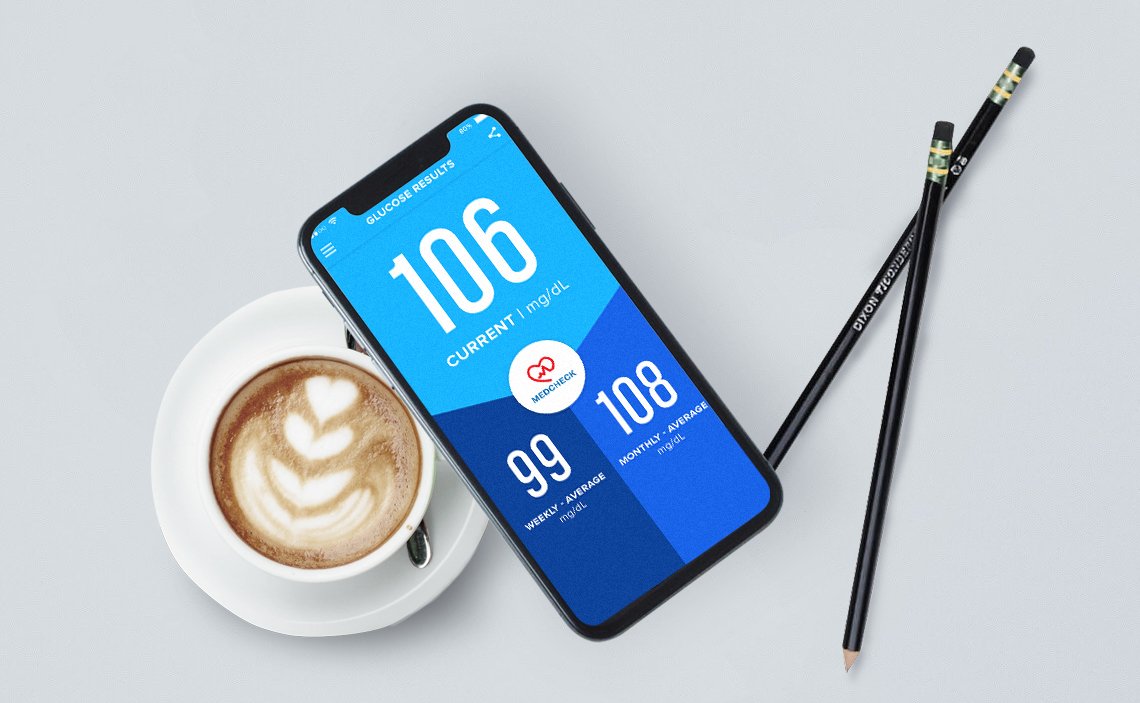IoT tech stack
The Internet of Things (IoT) is a dynamic ecosystem with various components including hardware (devices, sensors), software, and connectivity solutions. The tech stack for IoT solutions, therefore, involves a broad range of technologies and platforms used to build, deploy, and maintain IoT applications.
Devices & Sensors
IoT devices and sensors gather data from the physical environment. These can include anything from temperature sensors and accelerometers to smart appliances and wearables. Arduino, Raspberry Pi, ESP8266/ESP32, and Intel Edison are common hardware used in IoT projects.
Device Software
This is the software running on the IoT devices, enabling data collection and device control. It often involves Real-Time Operating Systems (RTOS) or embedded Linux distributions.
Connectivity
IoT devices need to transmit the collected data, and this requires connectivity. Depending on the application and the range required, different technologies can be used, such as Wi-Fi, Bluetooth, Zigbee, LoRaWAN, or cellular networks like 4G/5G.
IoT Gateways
Gateways serve as a bridge between devices and the cloud, often providing data processing and storage, as well as security features. They can be software-based or physical devices.
Cloud & IoT Platforms
These platforms facilitate data storage, processing, and analysis, and provide application support. Examples include Microsoft Azure IoT Suite, AWS IoT, Google Cloud IoT, IBM Watson IoT, and many others.
Data Processing & Analytics
Data collected from IoT devices often needs to be processed and analyzed to extract valuable insights. Technologies used for this purpose include big data platforms (like Hadoop and Spark), databases (like InfluxDB), and analytics tools (like Tableau).
Application & Services
The user-facing part of the IoT system, often in the form of web applications or mobile apps, which allow users to interact with the IoT system. They are usually built with common web and mobile development frameworks.
Security
Given the sensitive nature of the data handled by IoT systems, strong security measures are crucial. This can involve secure communication protocols, encryption, secure device identity and access management, and secure software practices
Artificial Intelligence (AI) & Machine Learning (ML)
AI and ML play a pivotal role in IoT, especially when it comes to processing and interpreting vast amounts of data. These technologies enable predictive analysis, anomaly detection, automation, and many more advanced IoT features.
Why Choose Let's Nurture?
Industry Expertise
Our team comprises seasoned professionals with extensive experience in IoT development across various industries, including healthcare, logistics, home automation, agriculture, and retail. We leverage our collective knowledge to deliver IoT applications that are tailored to your business needs and market demands.
End-to-End Solutions
We offer comprehensive IoT app development services, encompassing everything from concept validation, design, development, testing, to deployment and post-launch support. Our one-stop-shop approach ensures that you get a holistic solution under one roof.
Advanced Technology
Our proficiency in the latest IoT technologies and platforms, including AI, Machine Learning, and Blockchain, enables us to deliver advanced and future-ready IoT applications. We adopt an agile development approach to ensure rapid, efficient, and reliable project delivery.
Data Security
We prioritize your data security. Our IoT apps are designed with strong encryption protocols and comprehensive security measures to protect your business information and user data.
Our Services
IoT Consultation
Our IoT experts are here to guide you on your IoT journey, providing insights into the best strategies, technologies, and platforms to meet your business objectives.
IoT App Development
We design and develop custom IoT applications with a user-friendly interface, robust functionality, and scalable architecture.
IoT Gateway Development
We facilitate seamless data flow between your devices and the application with secure and efficient IoT gateways.
Data Analytics
We help businesses derive actionable insights from their IoT data, enabling them to make data-driven decisions and improve operational efficiency.
Maintenance & Support
We provide round-the-clock maintenance and support services, ensuring your IoT applications function flawlessly and stay up-to-date.
Growth of IoT-Enabled Apps
IoT-enabled apps are experiencing substantial growth due to increased connectivity, advancements in technology, and rising consumer and enterprise demand for automation and data-driven insights.
Market Growth
According to a report by Meticulous Research, the global IoT market is expected to grow at a CAGR (Compound Annual Growth Rate) of 31.4% from 2021 to 2028 to reach $2,497.36 billion by 2028
Increased Adoption
With the proliferation of smart devices, IoT apps are becoming ubiquitous. From smart homes and wearables to industrial IoT and smart cities, IoT applications are increasingly being adopted in every sphere of life.
Technological Advancements
The evolution of technologies like 5G, edge computing, AI, and machine learning is boosting the growth of IoT apps. These technologies are enhancing the capabilities of IoT applications, making them more efficient and valuable.
Future of IoT-Enabled Apps
As IoT technology continues to evolve, we can anticipate several trends that will shape the future of IoT-enabled apps.
Increased Interoperability
As IoT ecosystems become more complex, there will be an increasing demand for interoperability between different devices and systems. This will necessitate standardization and improved integration capabilities in IoT apps.
AI & Machine Learning Integrations
The integration of AI and machine learning with IoT apps will become even more critical. These technologies will drive automation and provide advanced data analytics capabilities, enabling predictive maintenance, anomaly detection, and personalized user experiences.
Edge Computing
The rise of edge computing will allow for more data processing to be done on the device itself, reducing latency and improving the performance of IoT apps. This will be particularly important for applications that require real-time data processing, like autonomous vehicles or industrial automation.
Enhanced Security
As IoT apps handle increasingly sensitive data, the need for robust security measures will continue to grow. Future IoT apps will likely integrate advanced security features to protect against data breaches and other cybersecurity threats.
Sustainable IoT
As concerns over the environmental impact of technology grow, there will likely be a push towards more sustainable IoT solutions. This could involve energy-efficient devices, sustainable data centers, and IoT applications that help monitor and reduce environmental impact.
Healthcare Revolution
IoT apps have a huge potential in transforming healthcare with remote patient monitoring, telemedicine, smart medical devices, and more.

BLE Apps
Bluetooh 4.0-based iBeacon/BLE Apps can enable businesses to collect a large amount of accurate data about their potential customers. This technology allows business owners to interact with customers in a smart way, notifying them through their smartphones when they are nearby. The Let’s Nurture team has worked extensively on IoT apps using iBeacons in multiple industries.
- iBeacon Integration
- BLE/iBeacon Based City Tour Guide App
- Proximity Based Deals/Coupon App
- iBeacon SDK Integration in Restaurant Apps
- Heart Rate Measurement Using BLE Sensors
- BLE/iBeacon-based Museum Application
- Temperature & Humidity Measurement Using BLE Sensors

Wearable Technology
Constant innovations in hardware technology have enabled businesses to think about phoneless wearable interfaces. We deliver best-in-class services for Android and iOS-compatible wearable mobile app development at affordable prices.
- Smart Band/Wearable Mobile App Development
- Apple Watch App Development
- Google Glass Application Development
- Augmented Reality App Development
- Activity Tracker Wearable (Fitbit) Applications
- GPS Watches
- Bluetooth Belts
- Custom Mobile App Development
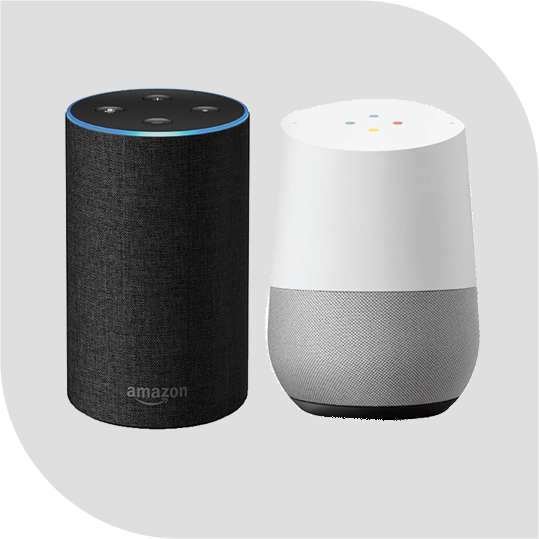
Voice Enabled Technology
Voice command and smart audio-controlled environments are the next paradigm shift in the evolving world of connected communities. Advancements by Amazon and Google in smart assistant devices have made it possible for businesses to implement voice-control mechanisms in their user experience. We are one of the very few companies with listed Alexa and Google Home skills, in both global and Indian (local language-compatible) stores.
- Alexa Skill Development
- Building and Hosting Skill in the Cloud
- Alexa App Development
- The Smart Home Skill API
- Alexa Voice Services
- AWS/ Azure Integration with Amazon Echo
- Alexa Skill Development
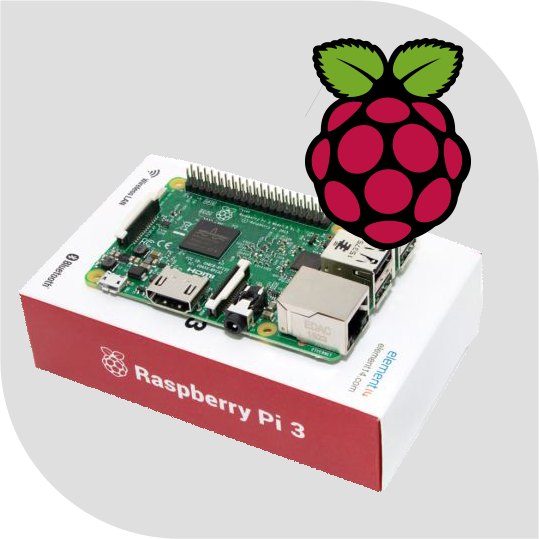
Raspberry Pi For IoT
Hardware is one of the basic components of IoT products. We advise our early stage customers who have IoT App ideas to use Raspberry Pi or Aduino for prototyping or to build a proof-of-concept. Raspberry Pi and Arduino are all-in-one hardware, enabling efficient prototyping. Concept development has been a huge part of our success story.
- Raspberry Pi Solutions Through Python Programming
- Arduino-based Solutions
Leading industries we have worked with
Portfolio Check our recent work here
FAQ
A: Let's Nurture takes the privacy of your data and custom data seriously. Without a valid customer support reason or express written permission from a customer, Let's Nurture will not access your data under any circumstance.
A: Personnel working with cloud security are specifically defined and approved by Let's Nurture. They utilize secure virtual desktop environments which allow them to safely utilize cloud storage and security tools.
A: Backups are performed both digitally to the cloud and to a physical hard drive on a weekly basis, with additional backups occasionally being performed on a daily basis if needed. These backups are typically kept for 30 days.
A: Yes, when storing data Let's Nurture utilizes database-level encryption to protect data within the cloud, as well as transit level encryption to prevent man-in-the-middle attacks and possible data leaks.
A: Yes, in addition to monitoring your cloud security and storage; Let's Nurture will also maintain and support the regular updates and patches for your software in order to keep your data safe and prevent possible security flaws by hackers or bad actors.



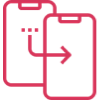
 Product Design
Product Design Prototyping
Prototyping  Chip Design
Chip Design Raspberry PI Prototyping
Raspberry PI Prototyping Arudunio Programming
Arudunio Programming Zigbee
Zigbee LoRa
LoRa IoT integration
IoT integration Amazon IoT cloud
Amazon IoT cloud IBM IoT cloud
IBM IoT cloud Microsoft IoT cloud
Microsoft IoT cloud




















